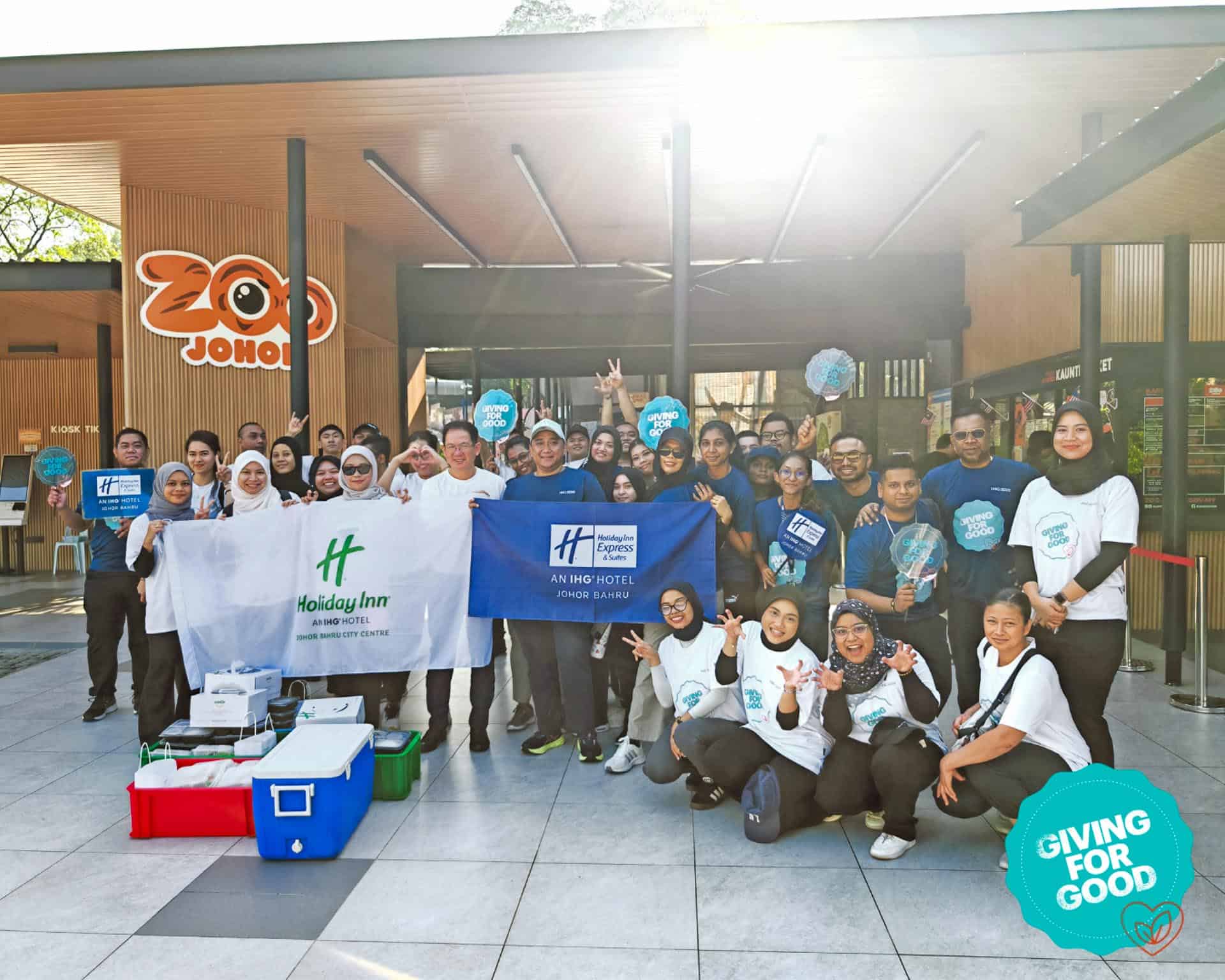
By Associate Professor Dr Hafezali bin Iqbal Hussain
Malaysia has been severely affected by the pandemic for the past 18 months. The various Movement Control Order (MCOs) implemented as a response since March 2020 have resulted in adverse consequences in terms of the economy as well as social costs. However, through the vaccination drive which has picked up steam, the country is now heading towards shifting to an endemic stage. This has been made possible as we draw closer to the full vaccination rate amongst the entire population of the country.
Currently, sentiments are picking up as hopes are building on emerging from the pandemic and moving closer to life in pre-pandemic times. Nevertheless, the recovery depends on the revival of businesses especially small and mid-size enterprises (SMEs) which have been devastated. Additionally, disruptions in supply chains need to be resolved as soon as possible whilst the hospitality sector remains in dire straits. Thus, it is expected that the budget will be expansionary in order to provide a much-needed fiscal stimulus, to jumpstart the economy in-line with the reopening of various sectors as well as relaxation of travel and movement restrictions.
In terms of supporting the recovery, the focus should be on providing financial incentives aimed at production which focuses digitalisation in-line with the transition towards the Fourth Industrial Revolution (IR 4.0).
Upskilling and Reskilling
Moving forward, the labour market would require additional fiscal intervention to promote the shifting of resources to more productive areas with higher value creation. Achieving this requires increasing investment in programmes aimed at upskilling which promotes the raise of human capital capabilities. Coupling a skilled workforce with highly skilled job creation would provide an impetus for sustained recovery. Focusing on increasing the quality of education which serves as the supply side for skilled labour would also require a substantial increase in allocation where the benchmarks can be derived from the successful model of Singapore as well as South Korea.
Shifting to a high-income economy would also require promoting quality foreign direct investments which focus on creating high-quality jobs. The focus must be on sectors that provide greater levels of productivity via the use of automation as well as skilled labour. It would then promote the strengthening of backward linkages of quality Foreign Direct Investment (FDI) into the domestic economy. Such an ecosystem would create demand for domestic supply chain participants with greater levels of business sophistication which could prove as a catalyst for increased economic complexity. Enhancing competitive ability would provide the much-needed springboard for domestic firms to become local champions which compete at the global marketplace.
Digital Transformation in Banking and Financial Services
Furthermore, to capture the gains brought about by quality FDIs, the budget needs to look at providing financial incentives to domestic firms to encourage the spill over into the domestic economy as these firms would gain knowledge of new technologies and marketing techniques by studying multinational competitors. Domestic firms should also be given greater access to credit in order to compete when responding to challenges and impulses from foreign entrants, to self-select into supplier status, and thus grow and prosper. In addition, there also needs to be incentives such as grants to attract investment from the Malaysian diaspora members which are more likely to establish links with domestic firms, and collaboration which could potentially lead to internationalisation of these firms. Fiscal incentives such as tax holidays and subsidies should also focus on foreign firms which are not already part of an extensive conglomerate with vast subsidiaries and thus, more likely to link up with local suppliers.
Bank Negara Malaysia (BNM) is also set to issue Malaysia’s first digital banking licenses in the first quarter of 2022 which could then facilitate the financing process for SMEs via greater and faster access at potentially cheaper rates. Subsidising these financing options in sectors that have been badly hit such as tourism and hospitality via leveraging on the advent of digital banks would provide a path for recovery. Besides, the budget should also focus on uplifting associated services which benefit from the digital tools and infrastructure brought about by the emergence of these banks such as via the integration of digital payment systems for SMEs.
Moreover, it is expected that opportunities will arise for a larger field of local businesses in the fintech sphere and beyond in areas such as budgeting services and digital investment platforms. It would provide an opportunity for the budget to enhance entrepreneurial opportunities via the creation of an ecosystem leveraging on the shift brought about by the entry of digital banks such as financing, training, and supporting network opportunities. It would be a fitting strategy given the ascendancy of the uptake of digital services by Malaysians during the restrictions arising from the Covid-19 pandemic.